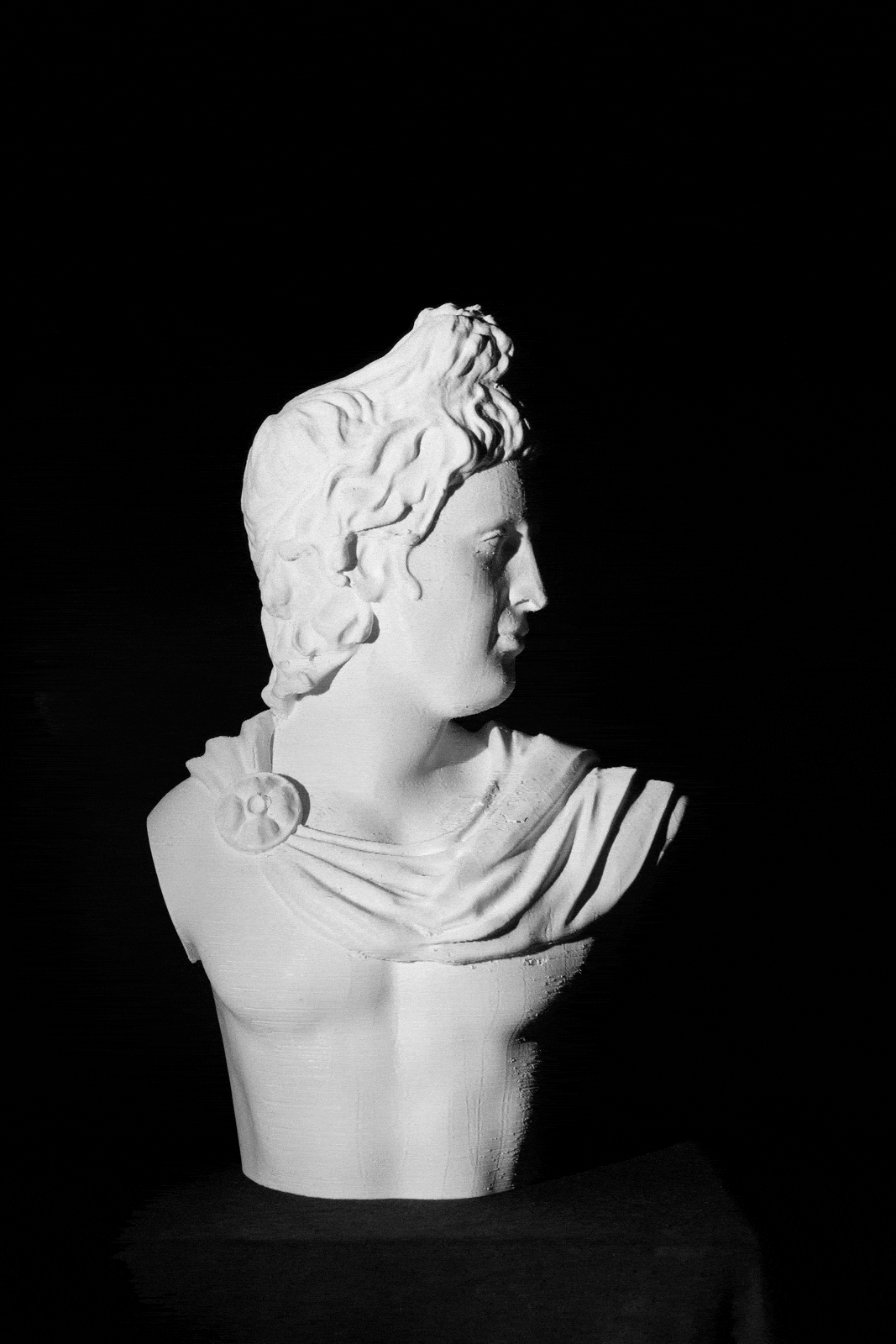Walter Costa
Autolykos Collection
Combining my background in political science with artistic research methods and an
interdisciplinary approach, I develop projects that focus on the visual investigation of power imbalances. Working with images, I follow my fascination for tangibility and the ways in which a moment in time can be captured in matter.When I work with others, I help authors materialise their book projects drawing on my long-term research in editing, sequencing, and narrative hybridisms in print, which I share through workshops and lectures. Teaching is a key practice and its collaborative outcomes define me as a visual artist.
Autolykos Collection is a research-based project that visually investigates the looting and
online trafficking of archaeological artefacts -a growing transnational crime which
bargains our ancestors’ traces for a profit.It contributes to the destruction of our material
culture, and bends history and public access in favour of commodification and private
ownership.
I focus on Middle-Eastern and North African artefacts, illicitly unearthed and then sold through private Facebook groups. Autolykos Collection exposes the role of photography which, on the one hand facilitates , yet can also reveal this illicit supply chain. The trade generates revenue for armed groups in the region, and perpetuates processes of colonialist syphoning of cultural heritage from the Global South to the Global North.
This is made visible and tangible by appropriation, 3D models and printed photographs
of artefacts for sale as posted by looters and traffickers. The goal is not to create faithful
reproductions of missing artefacts, but to produce "provisional originals" that bear
witness to the loss, affecting criminals by exposing evidence of their loot.

What challenges have you faced making this work?
The shadowy trafficking activities that I discuss in my project is both facilitated and revealed by photography. By working with such ambivalent and sensitive visual material, many ethical challenges had to be addressed.
How are you going to develop this project further?
I am currently working on strategies to bring the project to the art market, with the goal of
raising awareness and provoking a stance from collectors on this trafficking.


What has the Lighthouse program done for you?
During the Lighthouse program, I was able to expand my network and became more confident in
disseminating my work.


In this podcast I invited Syrian-Palestinian archaeologist Khaled Hiatlih to talk about how the colonial siphoning of material culture is far from over... thanks to Facebook.